Knee Pain That Won’t Go Away
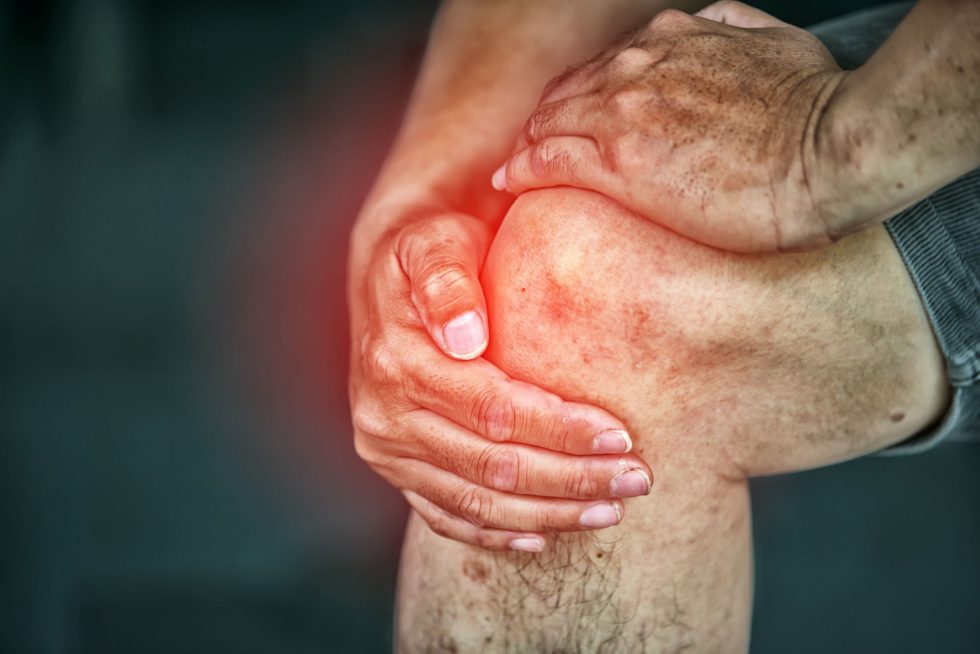
- Acupuncture has been proven to be effective for treating knee pain. (Study done in the UK for acupuncture and knee pain)
- Acupuncture treatments are known to have very few side effects or complications.
- An excellent choice for alternative treatment to try before deciding to go ahead with end stage treatments such as surgery.
- Can be used in conjunction with other treatments.
Traditional Chinese Medicine treats pain not specific only to knee pain but pain involved in several joints in the body. As previously stated, we will be looking at the knee specifically to show what the whole course of a treatment looks like in the pursuit of being transparent with respect to TCM.
Basics of knee pain:
- Knee pain is common among the general population with a prevalence of 19%.
- Both incidence and pain increase with age.
- The prevalence of knee pain between men and women is relatively the same with women being affected slightly more often than men.
- The progression of knee pain continues to get worse with time, which is why knee replacement surgery is the most common option.
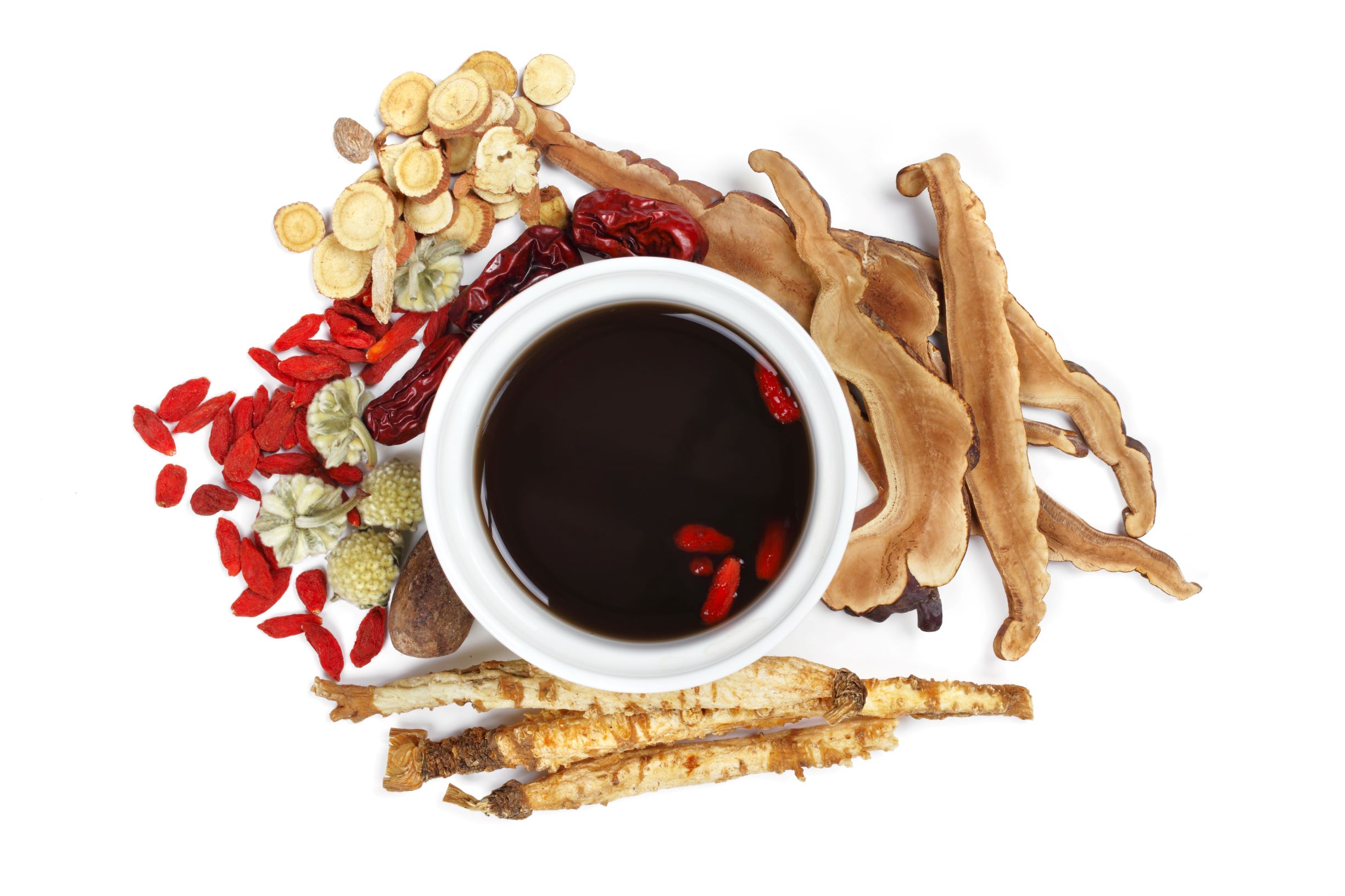
TCM approach to knee pain:
There are two main therapies that are used for treating knee pain in the TCM clinic:
- Acupuncture (including cupping, moxibustion and electro-stim)
- Chinese herbal medicine formulas (specific to a patient’s current complaints and symptoms)
*A more detailed discussion on the benefits of acupuncture and Chinese herbal medicine will be discussed in future posts.
Specific to this post we will stay relevant to the treatments and applications regarding knee pain. In conjunction with acupuncture and herbal therapies, a TCM practitioner will also discuss the importance of sleep and dietary habits in relation to the treatment.
The cause of knee pain in TCM:
As mentioned above, the onset of knee pain in TCM is similar to western categories. Injury from trauma is a common onset and the increase of joint pain can also be related to age. What is more interesting about the view from TCM is the concept of taxation or exhaustion of qi and blood from over work or overuse without adequate repletion and rest. This concept of exhaustion is critical to the importance of effective treatments in TCM and is most often the root cause of long term knee pain. This exhaustion is referred to as deficiency in TCM.
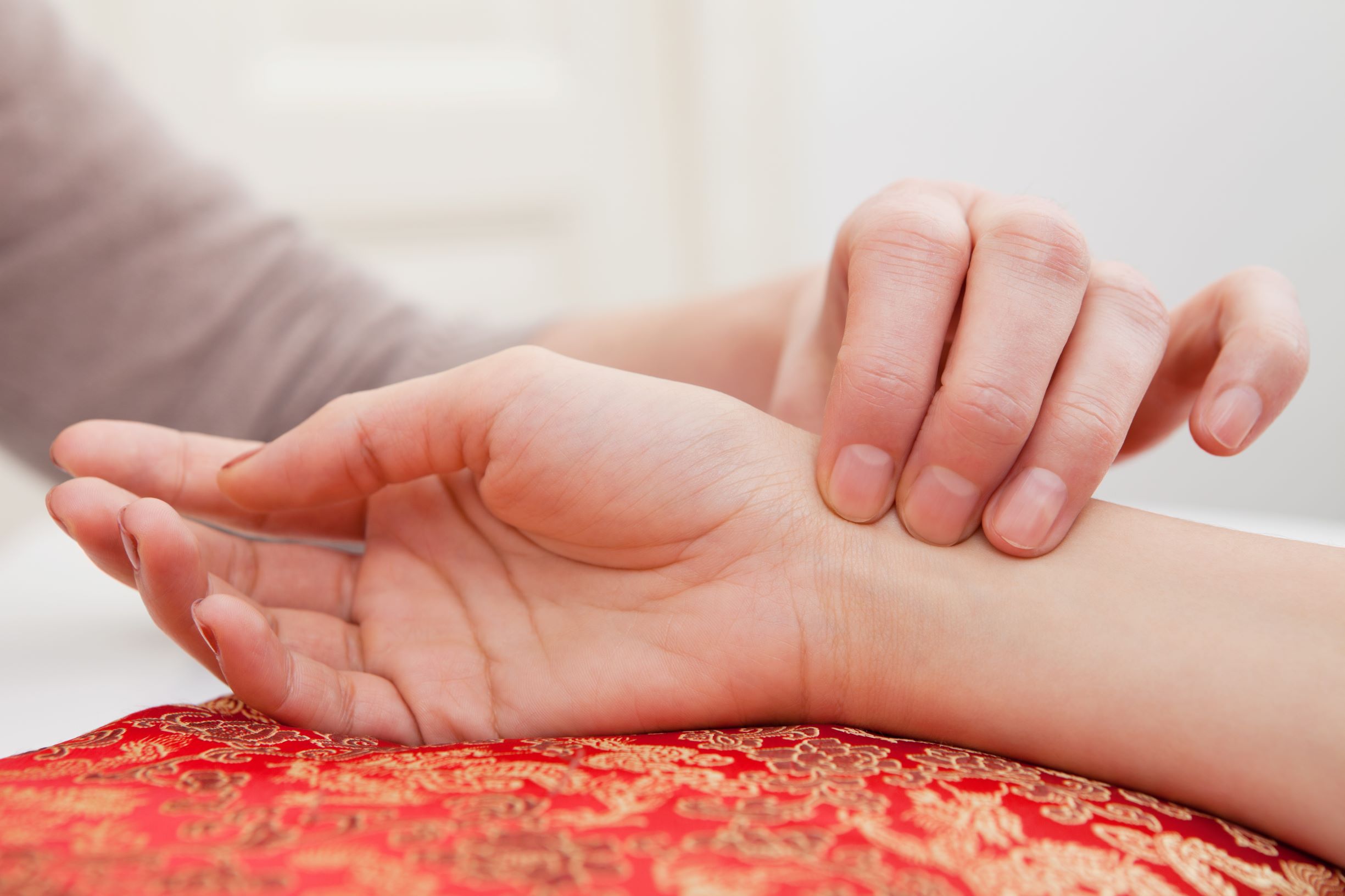
Deficiency as a cause of pain and TCM patterns of differentiation:
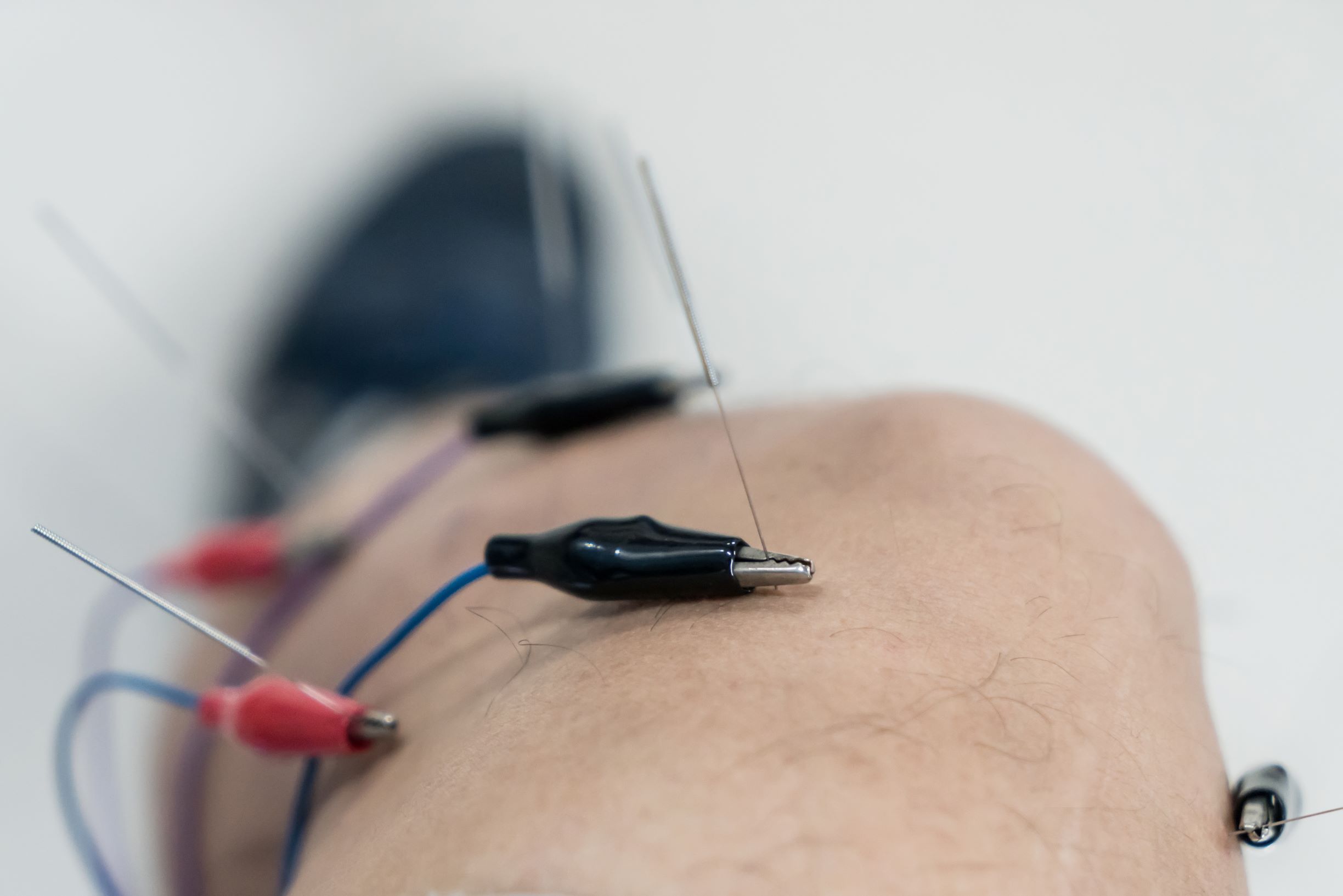
TCM treatment of knee pain:
Before going over the specific treatments detailed in a treatment course I want to discuss the benefits of using TCM to treat knee pain. The obvious benefit is the reduction in pain, or pain management. Most people will try acupuncture and other TCM modalities for the relief in pain they are experiencing. What I want to share is the ongoing benefit beyond acute pain relief in two main points.
- Having early access to treatment for knee pain from acute injury or any unknown cause of pain can have great benefits. In TCM, it is very important to treat any cause of pain sooner than later. Pain left untreated can cause bigger problems down the road.
- The second benefit is the treatment for long term knee problems. In modern medicine, the final treatment for chronic knee pain is a knee replacement surgery. Acupuncture and TCM treatments can be used as an alternative to knee replacement surgery. Although this is not an ideal solution for everyone, it can be an option to try before resorting to knee replacement surgery. Attached at the end of this post is an article supporting TCM treatment where patients were treated using acupuncture for chronic knee pain instead of knee replacement surgery.
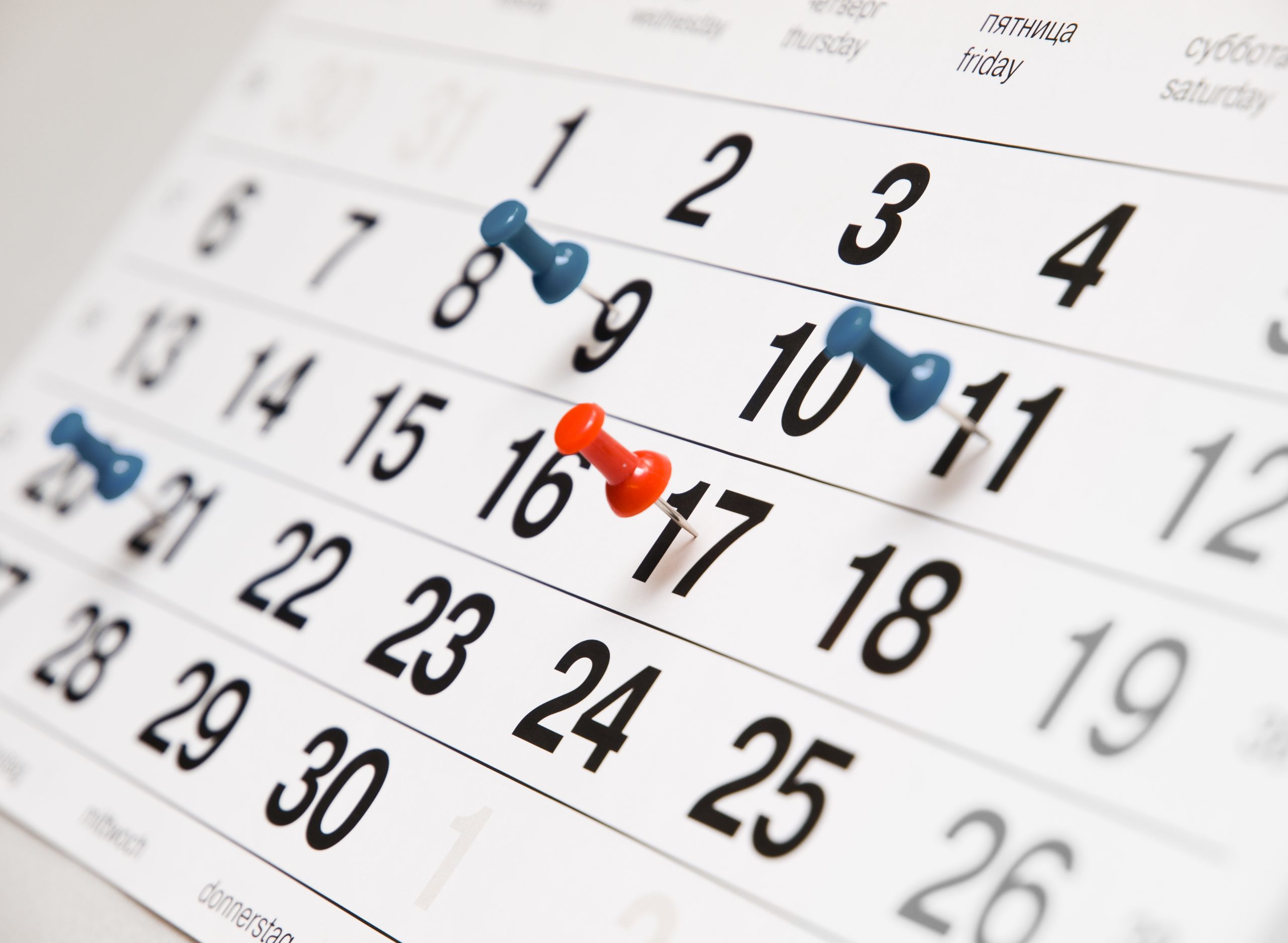
Treatment Course in TCM:
For the treatment course of knee pain in TCM the focus is on regular acupuncture combined with Chinese herbal formulas. For best results, the following treatment protocol is what we use in our clinic:
- A course of acupuncture treatments done twice weekly or weekly for 10 treatments followed by a reassessment. At this time, we will decide if we need to continue with the same regularity of treatments or if we can reduce how often we need to do acupuncture treatment.
- Herbal formulas are prescribed for the patient to take during the course of treatment. These are custom-made formulas that are prepared at the clinic and are tailored to the patient’s specific symptoms.
- In our experience, most people will have at least some relief after having just a few acupuncture treatments. This is a good sign that the treatment is working and is also very encouraging to the patient.
Conclusions:
The main take away from this post is to share the benefits of TCM and acupuncture for the treatment of knee pain. This is just one example of the many benefits and treatments that TCM and acupuncture can offer people as an alternative choice.
*The following link is to a study that used acupuncture to treat knee pain with favorable results.
